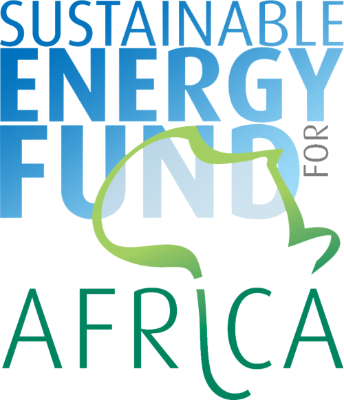17 July 2015, News Wires – The deal has finally been done. Iran and the big powers this week signed a lengthy document putting restraints on the Iranian nuclear programme in exchange for a relaxation of US, European Union and United Nations sanctions that have seriously damaged the Iranian oil and gas sector and economy.

However, it seems too early for celebrations by either side. The real test of the nuclear agreement’s viability will be over the next two months of wrangling in the US between the White House and Congress.
Israel, a key actor in all this, gave a taste of things to come: “Israel will act with all means to try to stop the agreement being ratified,” tweeted Deputy Foreign Minister Tzipi Hotovely.
Usually, in international dealings over the past three decades, Iran has been the unpredictable side. This was particularly true under the presidency of Mahmoud Ahmadinejad, who was a demagogue more concerned with grandstanding than diplomacy.
Admittedly, under an earlier president, the pragmatic Hashemi Rafsanjani, the Iranian side had made the first post-revolution gesture of goodwill by awarding US major Conoco the Islamic republic’s first oilfield contract, only to be repulsed at the last minute and seemingly punished with even tighter energy sanctions.
The next president, the liberal Mohammad Khatami, went so far as to apologise for the 1979 seizure of the US embassy in Tehran and worked closely with the US to overthrow the Taleban regime in Afghanistan. US president George W Bush’s response was to designate Iran as part of an Axis of Evil along with Saddam Hussein’s Iraq.
It was only about three decades after the revolution that a US president was willing to tackle the Iran issue.
However, President Barack Obama has, in the process, had to make so many concessions to critics of his Iran initiative that the signing of the agreement this week in Vienna only marks the end of round one, with a tough second round now starting.
Iranian hardliners may now make some noises, but they are in a minority and have been sidelined. Nowadays, Tehran has tended to be the more predictable side.
The Arab spring and realpolitik may have had much to do with Obama sending his first diplomatic feelers to Tehran through Oman more than three years ago. But unacknowledged is another factor affecting White House and wider official US attitudes to Iran.
This relates to the US’s most authoritative intelligence assessment ever pronouncing Iran clear of allegations of carrying on a nuclear weapons programme as of 2003.
That pooled intelligence finding of December 2007 so contradicted then-president George W Bush’s policies and so upset Israel and conservative Arab states wedded to the menace of a nuclear Iran that the report was allowed to “disappear” from public view.
Obama himself is not known to ever have publicly acknowledged the report, but his willingness to give Iran the benefit of the doubt on the nuclear issue may have something to do with that intelligence assessment.
In the event — under constant attack for being “soft on Iran” — the US president has been forced to offer hostages to fortune, including belatedly giving a hostile Congress the right to review any agreement.
Opinion in Congress has shifted in recent months and it seems difficult to see how Obama’s enemies can now undo the nuclear deal.
Still, the next two months of congressional review could turn out to be as hairy as the last two years of on-off nuclear talks, but an end to energy sanctions is finally in sight.



